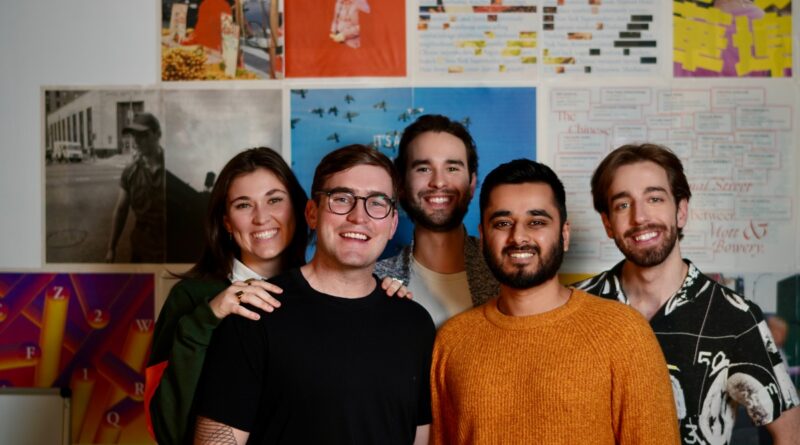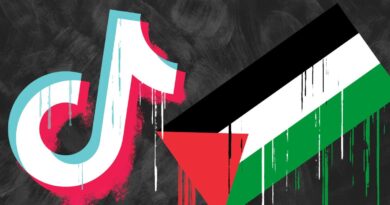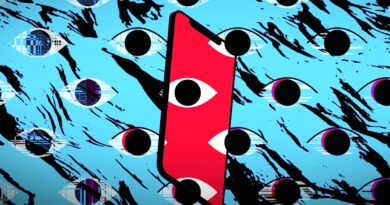Youth mental health startup Somethings launches with a $3.2M raise led by General Catalyst
Patrick Gilligan’s childhood struggle with food began when he was 10 years old. Placed on a caloric-restrictive diet by a doctor, the regime left him feeling ashamed and alone and triggered what would become a more than decade-long eating disorder. “I still look back on all the time that I spent as a teen, crushed by stigma and afraid to talk about mental health with my friends and family,” says the Stanford grad.
Years later, when a grad school classmate took their own life, Gilligan felt compelled to leave his masters program at Stanford — where he earlier obtained a product design degree — to help solve the youth mental health crisis.
Called Somethings, Gilligan’s now 14-month-old, New York-based startup is the outcome of that effort. As Gilligan describes it, Somethings is a youth-specific wellness platform that connects teenagers with trained mentors between the ages of 19 and 26 for asynchronous help.
Image Credits: Somethings
The product itself is fairly straightforward. Teens, often with the support of their parents, are matched through the Somethings system with mentors who have similar backgrounds and situational experiences. Unlike traditional clinicians, teens can communicate asynchronously with mentors in smaller bursts or at certain intervals.
Mentors must first apply, complete a background check and complete two intensive training modules. The first is a Medicaid-reimbursable state provider-led peer specialist training; the second is a custom internal program developed by Somethings and built alongside the U.S. government’s Office of Juvenile Justice and Delinquency Prevention.
The product is not yet reimbursable for teens and does not fall under HIPAA compliance, though Somethings claims that no data leaves the platform.
Somethings doesn’t pretend to be a clinical provider. Rather, it offers critical basic support and a connection infrastructure that resonates with the next generation.
Traditional clinical models fail to serve the modern teen
The company has already attracted investors who understand the company’s pitch, which is that modern teens and traditional mental healthcare do not fit together neatly. Indeed, General Catalyst just led the company’s $3.2 million seed round with participation from Tau Ventures, Toyin Ajayi (Cityblock Health co-founder), MVP Ventures and more.
The data helps tell the story — and highlights the opportunity. According to the CDC, a whopping 40% of teens in the United States are consistently sad or hopeless. That’s roughly 19 million young people in need of support. Further, while 30% of children and adolescents develop anxiety, only 20% seek treatment, per the Child Mind Institute (CMI). “Teenagers are more likely to seek mental health support from friends, family members, or other non-professional sources than from a therapist or counselor,” reports the CMI.
While lack of access is one piece of the problem, another impediment, believes Gilligan, is that the “traditional” mental health care support most of us are used to — a one-hour sit down with a licensed clinician, or texting a professional who has no relevance to our lived experience — may not fit with the modern teen. In contrast, the Journal of Psychiatry in 2018 chronicled the efficacy of mentorship for youth mental health over rigid counseling models.
Somethings is relatedly betting that by creating an asynchronous mentorship model where teens can talk to relatable figures at their own convenience, teens will be more open and willing to get support for the struggles they face.
What about the parents and the clinicians
Somethings stresses the importance to parents of creating spaces for teens to communicate with mentors, while the mentors can also connect with parents and provide generalized updates.
Parents are expected to adhere to the vision and values of Somethings communicated when the teen joins the platform.
Still, parents are not left out of the dynamic. “It’s a balance,” says Gilligan. “The relationship [between mentor and teen] doesn’t work if there’s no confidentiality. At the same time, parents getting cut out of relationships is really frustrating for them as well. . . We have a responsibility to bring parents into the relationship and help them support their teens alongside the mentor.”
The model seems to be working. While the Somethings team is still developing the technological infrastructure to track success metrics, drop-off in early testing is reportedly low.
Mentors are trained on everything from communication to recognizing when a teen may need clinical care and refer them appropriately. Gilligan declined to share the names of clinical partners for privacy reasons.
Naturally, Somethings faces competition. BetterHelp is just one of many mental health startups to emerge in recent years, a fact of which Gilligan is aware. He thinks Somethings stands alone, however, in both its express focus on younger people who need help and the tools it has designed that allow them to reach out to a mentor not on a pre-set schedule but when they most need a helping hand.
Whether it’s enough to create a moat for Somethings will only be known over time, but the shift in the mental health model is something to keep an eye on.
Youth mental health startup Somethings launches with a $3.2M raise led by General Catalyst by Neesha A. Tambe originally published on TechCrunch





